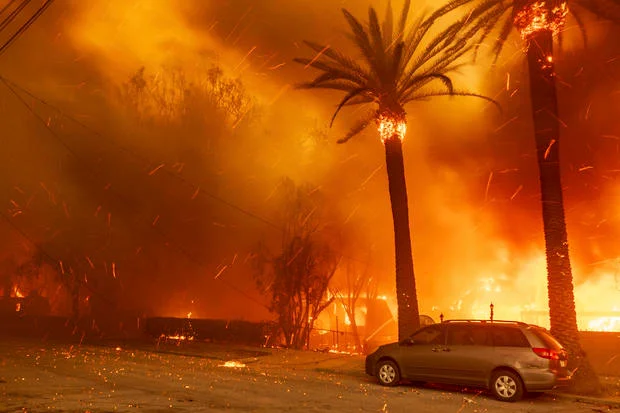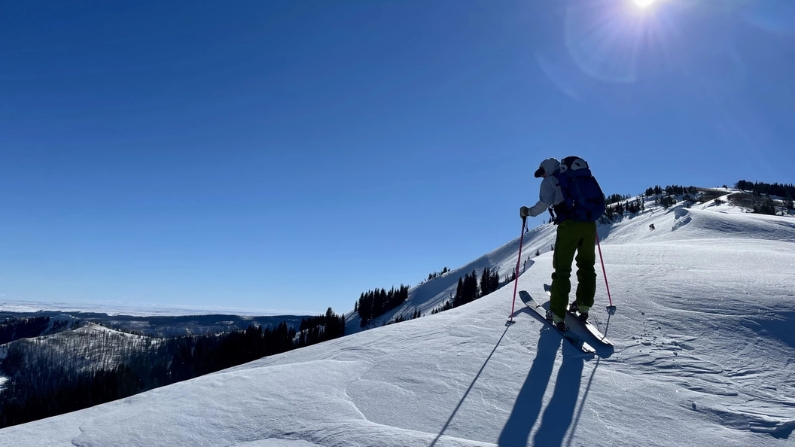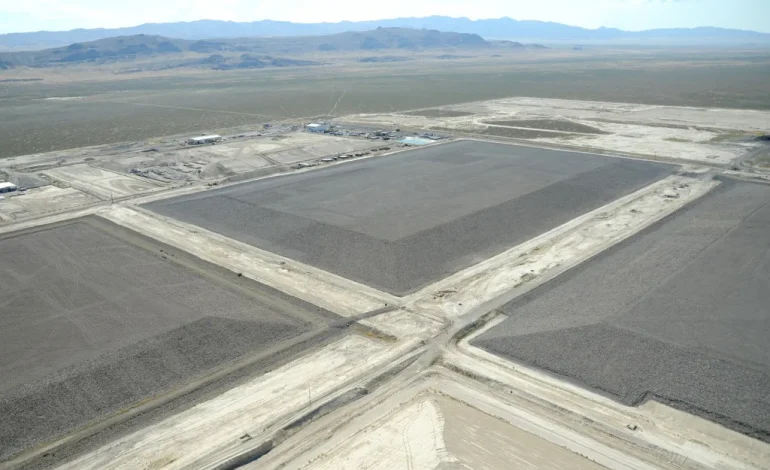Wyoming lawmakers are considering proposals to allow nuclear waste storage within the state, but the experience of other states—particularly Texas—offers crucial lessons on the risks and challenges of engaging in such initiatives, Wyo File reports.
Advocates suggest potential economic benefits, but historical precedent and ongoing disputes highlight significant pitfalls, including federal overreach, broken promises, and a flawed regulatory process.
The federal government has a long history of failing to deliver on nuclear waste management solutions, often leaving states and communities to face the consequences. For decades, promises to develop safe, permanent storage facilities have repeatedly fallen short.
Texas provides a cautionary tale. In 2020, Governor Greg Abbott opposed a plan to store nuclear waste at a private site, citing risks to the state’s economy and security. Courts ultimately ruled against the project, stating that federal laws like the Nuclear Waste Policy Act do not permit the licensing of private storage facilities far from nuclear reactors. This case underscores the challenges of working with federal authorities on nuclear waste projects.
Proponents of nuclear waste storage in Wyoming argue it could generate revenue. However, similar proposals in Texas and New Mexico, which promised billions in economic benefits, have stalled due to legal barriers and regulatory challenges. Additionally, facilities in Texas and New Mexico, already years ahead in development, have more than enough capacity to meet the nation’s current and future nuclear waste storage needs. Wyoming would likely struggle to secure a meaningful share of the market.
The Nuclear Regulatory Commission (NRC) claims it can safely license and oversee nuclear waste storage facilities, but its track record raises questions. The Texas project, proposed in the oil-rich Permian Basin, faced widespread local opposition over concerns about environmental risks and potential transportation accidents.
Despite these objections and state legislation banning the facility, the NRC issued a license, prompting criticism for ignoring local voices and overstepping state laws. The NRC’s licensing framework is untested for large-scale, offsite storage facilities, as it has historically been applied only to smaller installations near reactors.
Supporters of nuclear waste storage often label such facilities as “temporary,” but history suggests otherwise. Efforts to create permanent storage, such as the Yucca Mountain project in Nevada, have failed over decades. Once nuclear waste is transported to a state, it often remains indefinitely, leaving future generations to deal with the consequences.
House Bill 16, which would amend rules for nuclear waste storage in Wyoming, is set to be debated in the 2025 legislative session. Critics argue that embracing such initiatives would make Wyoming a permanent repository for the nation’s nuclear waste, with little economic gain and significant risks.









